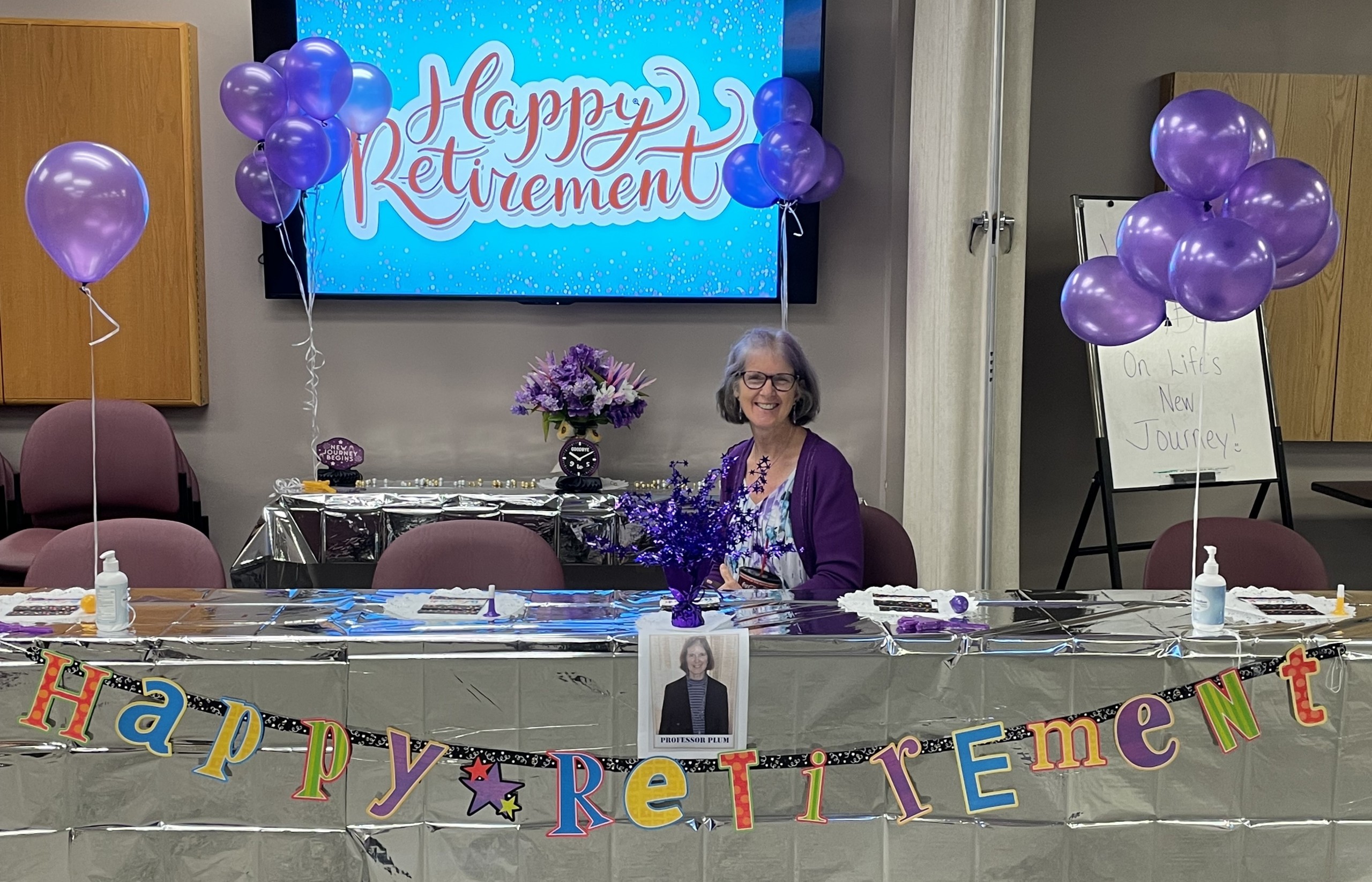Had it not been for a visit to a special-education classroom with a college dormmate, Dr. Angela Ray might have kept to her initial plan and wound up with a job in public relations. But the school experience affected her deeply.
“These are the people I need to serve,” she remembers thinking.
Ray graduated from Ohio Dominican University and earned her MA and PhD in developmental psychology from the Ohio State University, where she studied at the Nisonger Center.
She has had a long and rewarding career as a psychologist serving children and adults with both developmental disabilities and behavioral-health needs, a focus that allowed her to help an underserved population. “I learned a lot from them,” she said.
Ray retired at the end of August after 11 years as director of the psychology department at the Franklin County Board of Developmental Disabilities. She first joined the agency in 1986, left for a stint in private practice, then returned for a total of 27 years with FCBDD. “It’s been a great ride,” she said. “I’m very blessed.”
Addressing mental health needs in the disabilities system is often a matter of recognizing people’s past experiences and trauma instead of merely focusing on the negative behaviors, Ray said, an approach known as trauma informed care (TIC). She embraced the principles of TIC in the department’s daily work and is pleased to see awareness growing.
“Angela has been terrific,” FCBDD Superintendent Jed Morison said. “She has provided leadership not only here, but throughout the state in trauma-informed care. We’re certainly going to miss her.”
Trauma-responsive care can be especially important for people who aren’t able to verbalize their struggles. “They don’t necessarily need years and years of counseling,” Ray said. “They need to have their sensory and communication needs met.”
Ray, who grew up in the Gahanna area, said she’s grateful to have spent most of her career with an agency that allowed her to take creative approaches, such as working on students’ social skills while on a school bus or in the swimming pool, or incorporating music, pets and bubble-blowing into therapy sessions. “I’ve always been encouraged to do what is best for people,” she said with a smile.
She looks forward to traveling, tending to her scrapbooks and photo albums, and spending more time with her husband, children and grandchildren. Ray also hopes to continue helping people with disabilities and mental illness, perhaps through guardianship and advocacy opportunities. “I know enough about the systems that I’d like to be useful.”


